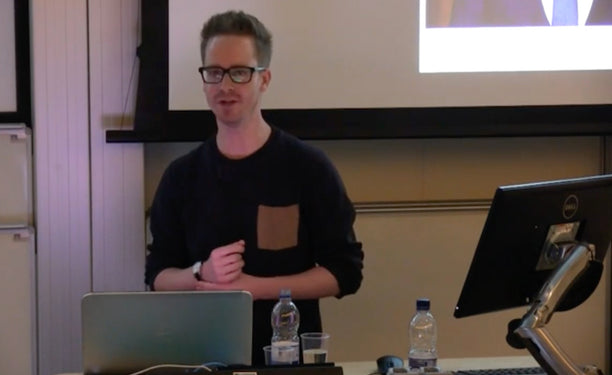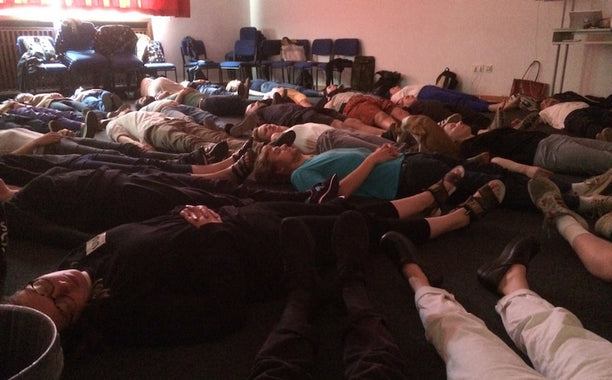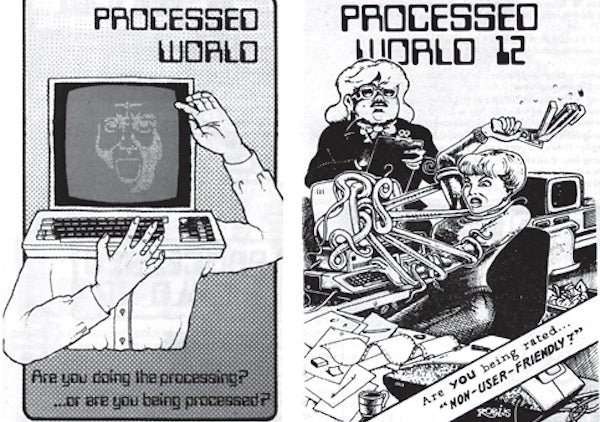
The Neolithic, Capitalism, and Communism
The problem is not technology or nature. The problem is how to organise societies at a global scale.

The problem is not technology or nature. The problem is how to organise societies at a global scale.

The anxiety that swirls around Cambridge Analytica reveals a deeper crisis in the private, individualist conception of democracy.

The chronic crisis of the record industry is compounded by a constant paradox, apparently inherent in the technology of reproduction, by which music is turned into a commodity only to see it escape.

A conversation with Nick Srnicek on accelerationism, technology, and political practice.

Tear Gas author Anna Feigenbaum visits Milipol.

"Proxy Politics" is both a diagnosis of the modern political terrain and a potential framework and strategy with which to resist it.

In this excerpt from Duty Free Art, Hito Steyerl on spam; a substantial expression of a period that has elevated superfluity into one of its guiding principles.

Anna Feigenbaum discusses the history of tear gas as crowd control.

Anna Feigenbaum, author of Tear Gas, selects five essential books that theorize objects and atmospheres.

Tessa Morris-Suzuki's prescient essay — written for New Left Review in 1984 and included in Cutting Edge: Technology, Information, Capitalism and Social Revolution — on the contradictions of automated labor and the commodification of knowledge by software, which responds to claims about automation and value advanced by Ernest Mandel in Late Capitalism.

Trump’s election has raised the specter of nuclear war in a way unseen since the 1980s, the last time a global mass movement pushed back against the threat of nuclear catastrophe. One of the major intellectual forces behind that mass movement was E.P. Thompson. With the utopian hopes surrounding the ban treaty now meeting the actually existing dystopia of US policy, it is high time for an update to Thompson’s seminal concept of “exterminism.”
![[Video:] David Harvey and Evgeny Morozov on Trump, neoliberalism, infrastructure, and "the sharing economy"](http://www.versobooks.com/cdn/shop/articles/morozov_harvey.png?v=1677632373&width=612)